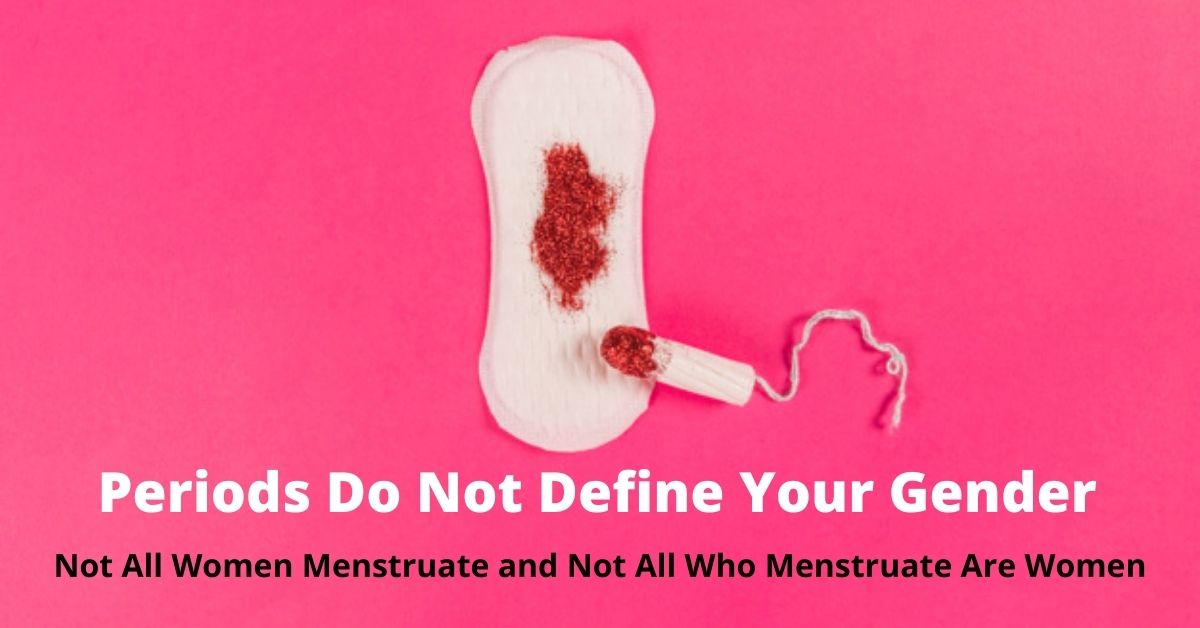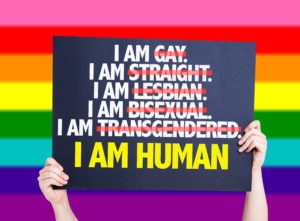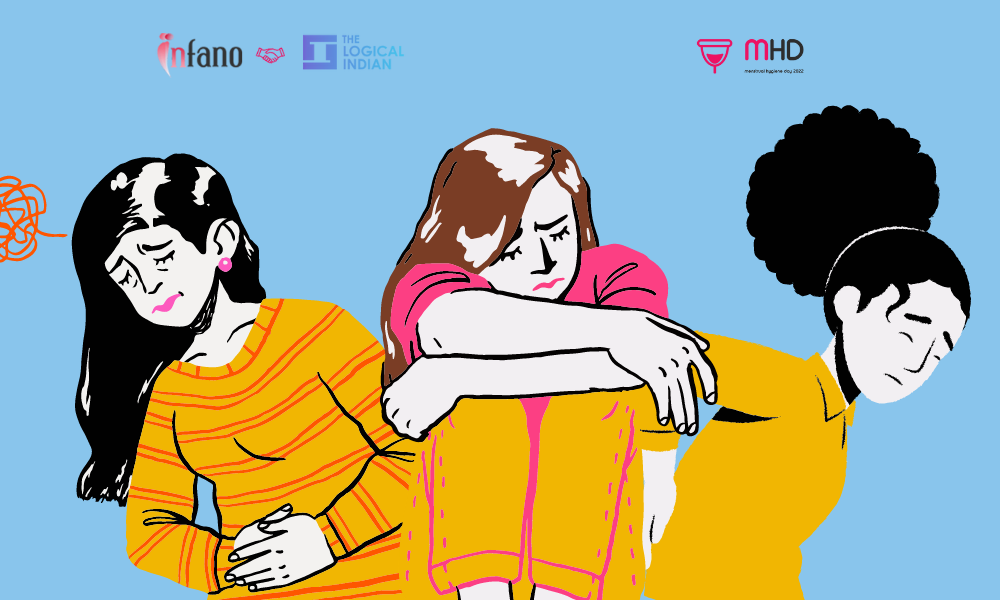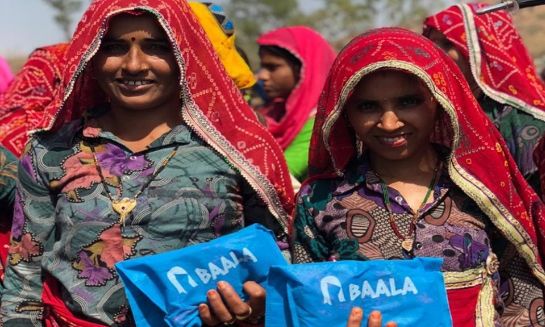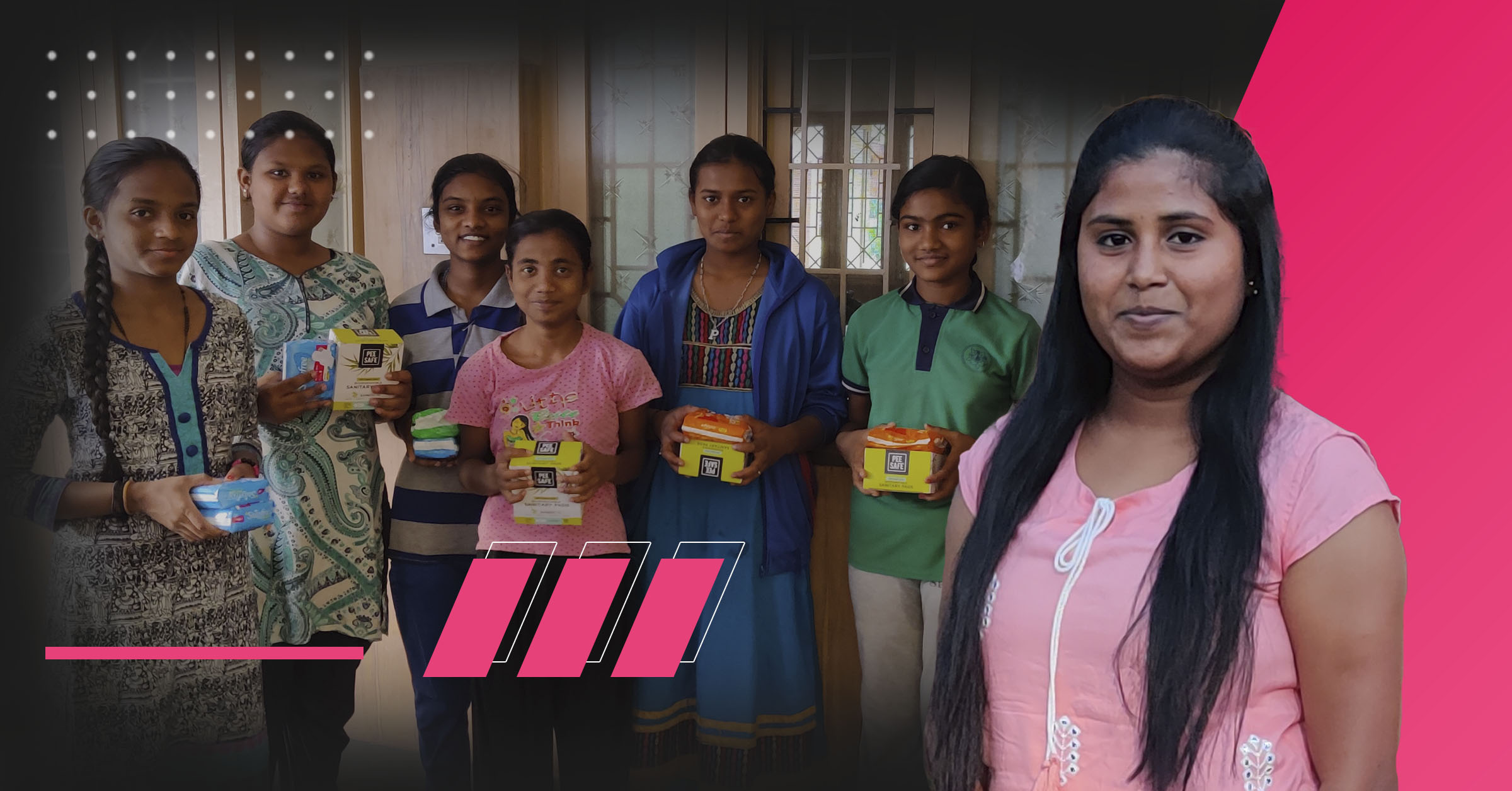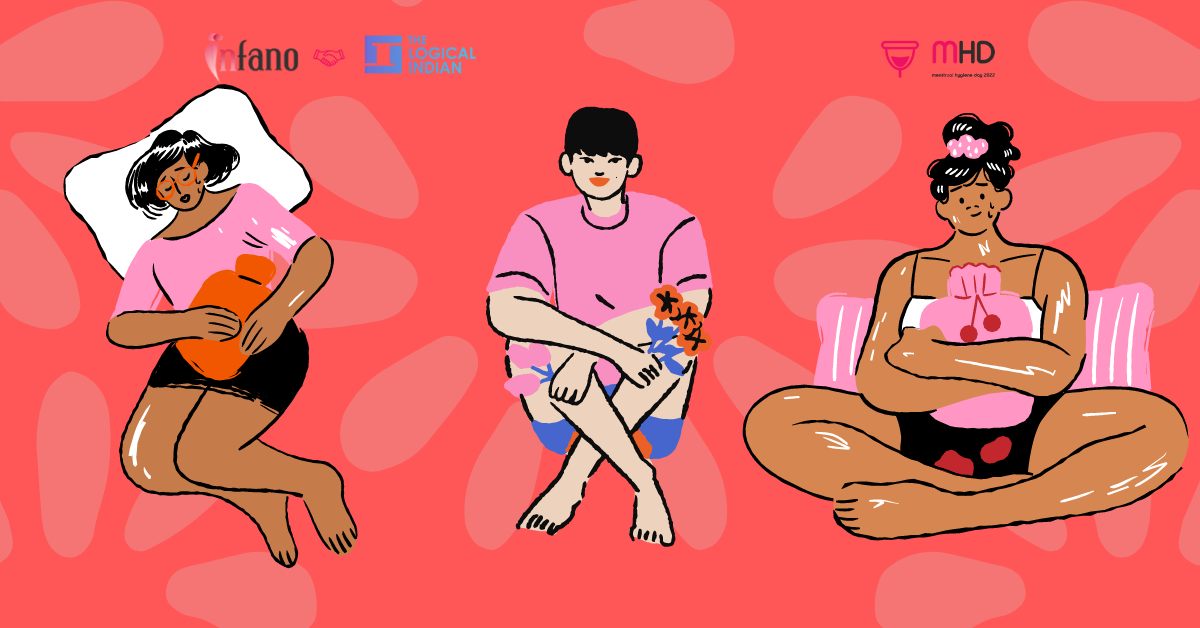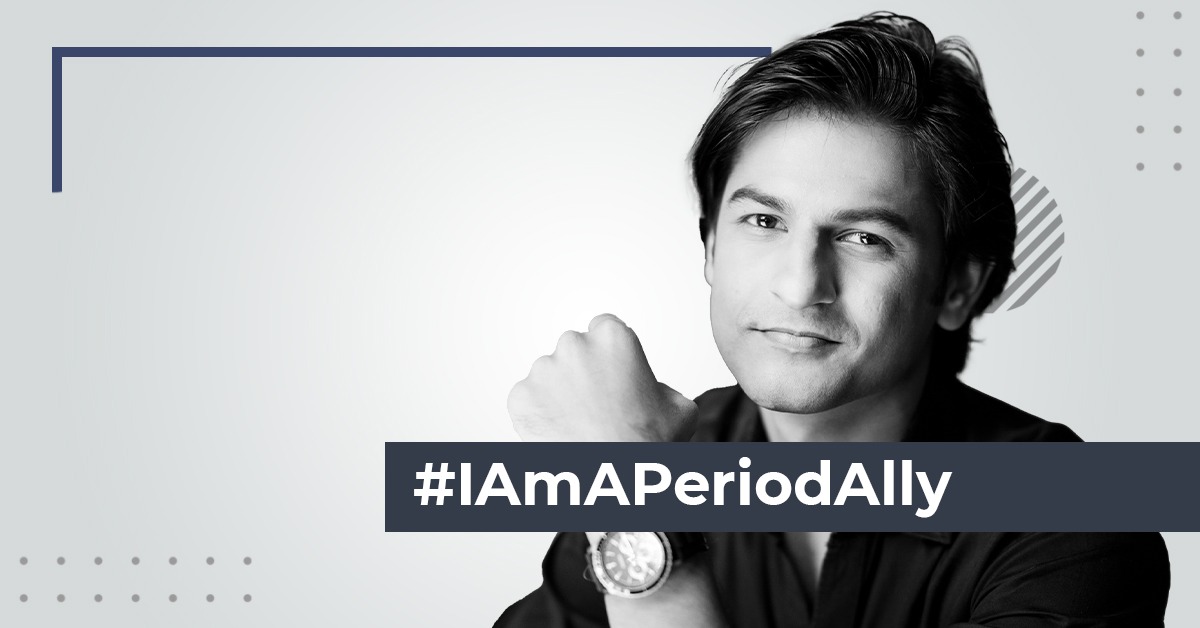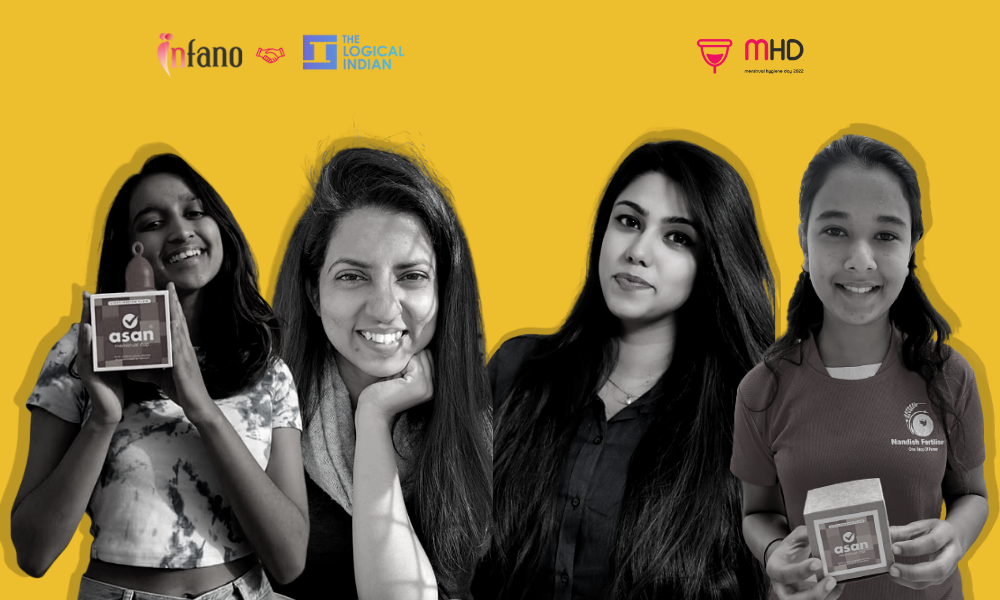Did You Know That Not All Who Menstruate Are Women?
Periods are a natural occurrence. Every month the body prepares itself for pregnancy and when it doesn’t become pregnant, it expels the tissue that it no longer needs to nourish a fertilized egg.
Around half of the world’s population does, has, or will menstruate, but still it is a taboo topic in many parts of the world as period blood is considered dirty and impure. Women who have regular periods have the following functioning properly- hypothalamus, pituitary gland, ovaries, uterus
Some cisgender women (assigned female at birth) don’t have periods due to menopause, stress, disease, or a hysterectomy. They may have never started menstruating due to a variety of medical conditions or they may be transgender or intersex. At the same time, there are people who menstruate who aren’t cisgender women. They might be Trans men, intersex, and genderqueer or non-binary.
A 2016 study led by Joan Chrisler noted that “scholars and healthcare providers have only recently begun to recognize that transgender men and people with masculine gender identities also menstruate, thus little is documented about their attitudes toward and experiences with menstruation”.
Not all women have periods
Some cisgender and transgender women (assigned male at birth), do not experience a period but can experience PMS-like symptoms.
This is because those who are assigned male at birth do not have a uterus but when they are transitioning sexually to a female, they may experience specific symptoms typically associated with menstruation (bloating, moodiness, increased libido, cramping, nausea, cravings, headaches, and/or migraines, photosensitivity, vomiting, and/or diarrhea. This can be a psychosomatic response to hormone levels or physiological response.
Trans women and cis women who have had a hysterectomy or are on a hormone replacement therapy to include estrogen and/or progesterone, frequently have a period linked to certain points in their estrous cycle. Oftentimes, this cycle lasts about five weeks (as opposed to four), with symptoms lasting two to eight days because their bodies switch from a testosterone-dominant situation to an estrogen-dominant situation. This can be similar to menstruation but there is no blood here because there is no organ for its outlet.
Also Read Know Your Transgender Terminologies
On the other hand, not all who menstruate are women
Trans men (who are assigned female at birth) and non-binary people get periods too. They are born with a uterus and hence menstruate with blood once they attain puberty. But when they identify and transition to a male, this becomes a very difficult time for them. Medical transition and hormone therapy can be sought which can eliminate the monthly period. Some Trans men do feel pelvic pain, emotional changes, or experience spotting even after menstruation stops. This may be different for Trans guys who have had a hysterectomy, oophorectomy, and/or gender-affirming genital procedures.
Transgender artist and menstrual health activist Cass Clemmer, (Pronoun- they/them) uploaded an Integra photo highlighting the reality of #BleedingWhileTrans. The photo shows Clemmer free-bleeding while holding up a sign that says, “Periods are not just for women.” In the photo’s caption, Clemmer shared a spoken-word poem they’d written for menstrual health.

How to be more inclusive
Inclusive language like “people who menstruate” or “people with cycles” is helpful, as it is inaccurate and demoralizing to address women only when we talk about periods. This way we alienate the Trans community and with the existing bias and stigma in the society, it only distances them more from such important conversations.
While we are at it, let’s also look at terms like “people with vulvas” or “people with cervixes”, instead of “female” genetilia; and “people who can become pregnant” or “people who menstruate” while describing people of a certain physiological group. Also, there are people who are affected by certain medical procedures: “people who need mammograms” is also helpful for them. For Trans women, “people with prostate glands” may sound relevant. The language we use needs to transform for the LGBTQ community at large so that they can accept what is relevant or irrelevant to them, without having to identify with a certain gender or group.
For transsexuals, their bodies do not identify as their identity and this can cause dysmorphia and can be a huge struggle for them. Topics like these need to be discussed openly to create awareness so that we can have a safe space for all to coexist in society.

